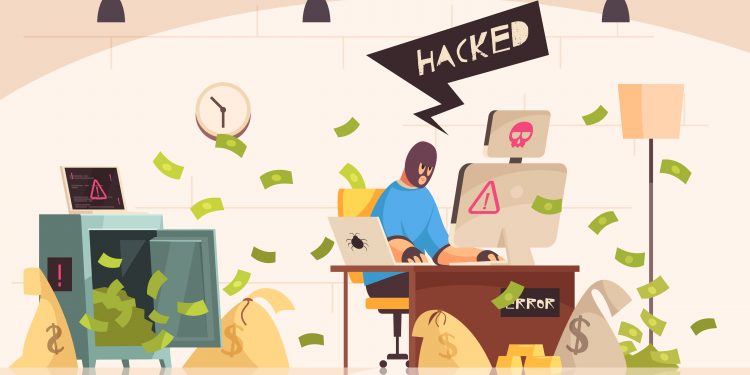The coronavirus crisis has created a wide variety of challenges for everyone, touching both personal and professional lives. There’s no denying the economic impact on both companies and individuals. Inevitably, fraud departments are having to deal with the consequences in their domain as well.
The Rise of “Friendly Fraud”
No fraud is really friendly; online businesses are on the line for the cost of fraud no matter who commits it. But the industry has traditionally differentiated between professional fraudsters and ordinary customers who “cheat” the system, and some companies are willing to accept mild friendly fraud from otherwise valuable customers.
Companies may need to revisit their policies, and risk management leaders should encourage their executives to make conscious decisions about their approach to friendly fraud for the duration of the crisis. While friendly fraud is hard to detect, its impact is significant, resulting in a high number of chargebacks. It’s important to educate people unfamiliar with this territory: Friendly fraud is likely to spike.
Why People Might Start Cheating Stores More
There’s growing certainty that the world is in for a challenging economic period. For many people, purchases which seemed reasonable a month ago might suddenly be out of budget.
With businesses unwilling or unable to cancel orders, chargebacks are the easiest way for consumers to get that money back.
Fighting that chargeback would be more difficult, too. FedEx, for example, typically requires a signature – but not at the moment, since they’re protecting their workforce by instructing them to avoid contact with customers. So what proof of receipt is there?
Going forward, it’s possible that some users may start committing friendly fraud intentionally. Harder times are coming for many. That doesn’t always bring out the best in people.
Businesses should consider their return and cancellation policies. It is cheaper to allow a return, then to fight a chargeback. Companies should also work with the card networks to discuss policies and fees given the new situation.
Fraud prevention teams should start preparing for this possibility now, before the problem really takes hold.
Keep An Eye Out For Family Fraud
Family fraud may also be a growing problem. Teenagers and even younger children are stuck at home for the duration, and many parents are dealing with this, in part, by giving them far more access to apps and games than usual.
Many families are being more permissive about in-app or in-game purchases. But if children rack up a large bill, it’s going to be very tempting for parents to deny the purchase entirely. If the game is a new one the denial may be in good faith; the parents have simply never heard of the company before.
Work with your billing team to make sure that the name of the game is included in the credit card report so that it’s clear what the purchase was for. And build up strong identity pictures to prove the legitimacy of the transaction.
Watch Out For Mules
Fraudsters love to use mules to solve the shipping problems they otherwise face. Having a network of people across the US willing to receive and reship packages means the criminals can approximate believable shipping addresses, and avoid any blacklists of known bad addresses. Often, these people are unwitting participants in crime, believing they work for a legitimate company.
It’s already clear from darknet forums that the trade in mules is heating up. With so many people out of work and looking for ways to make ends meet, this trick is going to be high on fraudsters’ list of opportunities for some time to come.
Build Shared Protection Through Collaboration
These sorts of challenges are hard to fight in silo. Criminals and ordinary customers alike are often careful not to abuse a particular online business too much, because it makes them much easier to pick out and block.
Moreover, both fraudsters and legitimate users are going to start using new shipping addresses, buy items they never bought before, and overall deviate from their “normal” behavior. Relying on blacklists alone, merchants are unable to identify whether a shipping address is legitimate or not, and whether a transaction is by an authorized user. Instead, companies need to focus on positive identification – ways they can be confident that an identity is that same, real identity.
The more companies can work together, the easier it is to deal with these sorts of problems. At a time like this, it’s more important than ever for fraud prevention professionals to keep in touch with one another across companies, and work together as much as possible.










